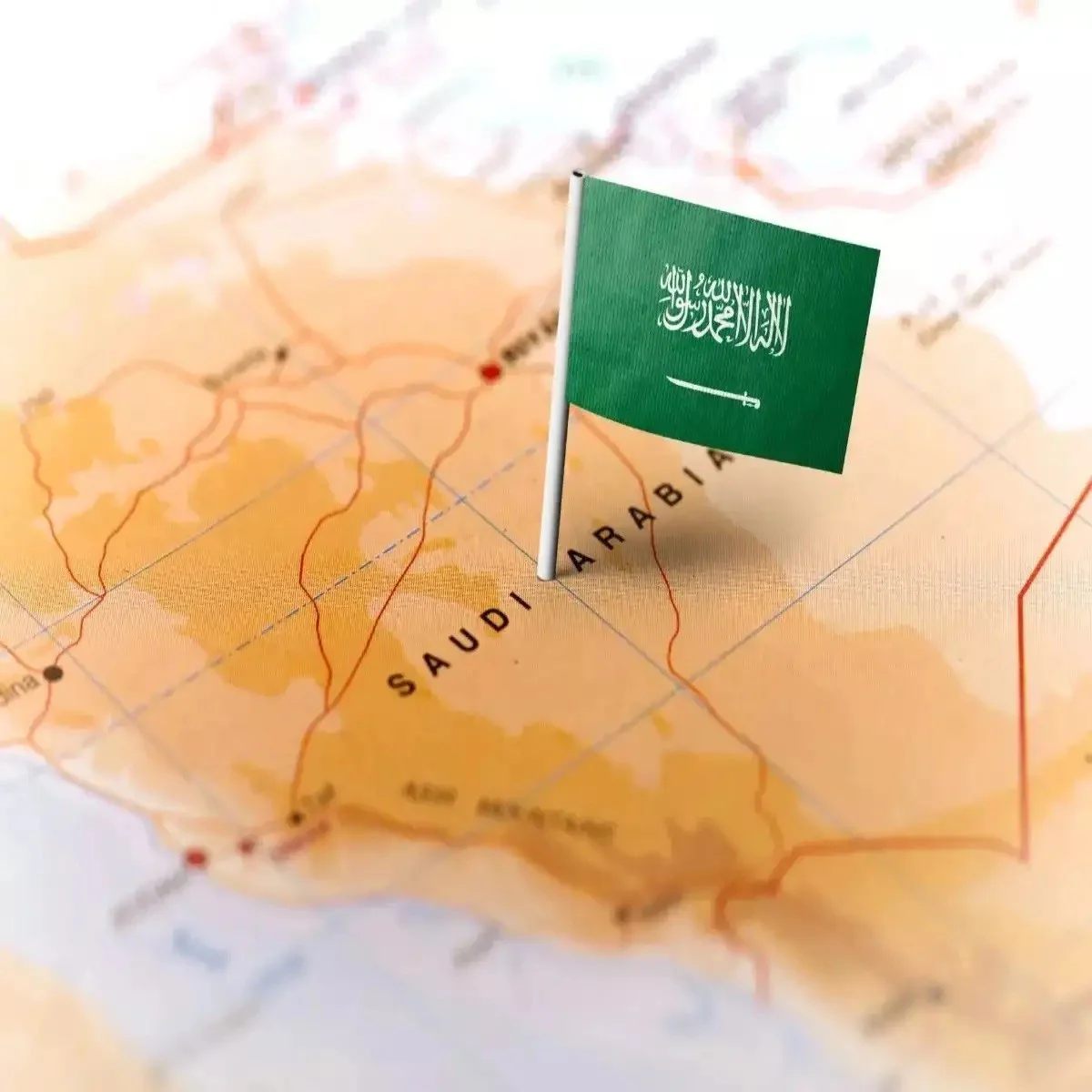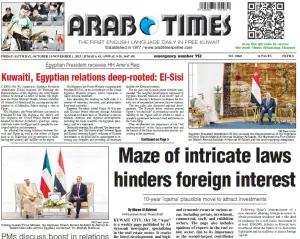26/07/2025
26/07/2025

RIYADH, Saudi Arabia, July 26: Saudi Arabia has released the full text of a landmark law regulating real estate ownership by non-Saudis, signaling a major transformation in the Kingdom’s property ownership policies, Saudi Gazette reported.
The law, which was approved by the Cabinet earlier this month, was officially published in the Umm Al-Qura Gazette on Friday and will come into effect 180 days from its publication date.
Expanded ownership rights for foreigners
The new legislation grants non-Saudis — including individuals, companies, and non-profit organizations — the right to own or acquire real rights to properties in designated areas, which will be defined by the Cabinet.
These rights include full ownership, usufruct (the right to use and benefit from a property), leaseholds, and other legal property interests. However, ownership will be subject to several restrictions depending on the property's location, type, and intended use.
Restrictions on Makkah and Madinah remain
Despite the broadened access, the law maintains strict limitations on foreign ownership in certain sensitive regions — most notably Makkah and Madinah. Foreign ownership in these cities remains prohibited except under specific conditions for individual Muslim owners. The previous ban on ownership by GCC nationals in these areas has been lifted, aligning all non-Saudi entities under a single regulatory system.
Designated zones and limits to be determined
A key element of the law assigns the Council of Ministers — in collaboration with the Real Estate General Authority and with approval from the Council of Economic and Development Affairs — the authority to determine the geographical zones where foreign ownership will be allowed.
The Council will also set caps on ownership percentages and durations for usufruct rights, according to Saudi Gazette.
Regulations for Foreign Residents and Companies
Under the new law, foreign residents in Saudi Arabia will be permitted to own one residential property for personal use, provided it is outside restricted zones such as Makkah and Madinah.
For corporate entities, the law allows non-listed companies with foreign stakeholders, licensed investment funds, and special-purpose entities to own property anywhere in the Kingdom — including the holy cities — as long as the property is used for operational purposes or employee accommodation.
Publicly listed companies and other investment vehicles may also purchase property in line with current Capital Market Authority regulations.
Ownership by diplomatic and international entities
Diplomatic missions and international organizations will be allowed to own real estate for official purposes and housing of their representatives. However, such ownership will be subject to the approval of the Ministry of Foreign Affairs and reciprocal arrangements with the relevant countries.
Mandatory registration and transfer fees
All non-Saudi entities must register with the appropriate authority before acquiring property. Legal recognition of ownership or usufruct rights will only take effect upon registration in the national real estate registry.
A real estate transfer fee of up to 5% will apply to property transactions involving non-Saudis, Saudi Gazette confirmed.
Enforcement and penalties
The law introduces a robust enforcement mechanism. Violations can lead to fines of up to SAR 10 million. If a property was acquired based on false information, the authorities may enforce a compulsory sale, with the proceeds (after deductions) going to the state.
A specialized committee under the Real Estate General Authority will investigate violations and impose penalties. Parties may appeal committee decisions to the administrative courts within 60 days.
Repeal of previous legislation
This new law replaces Royal Decree No. M/15 of 2000, which had governed foreign ownership of property. Detailed executive regulations covering implementation, designated areas, and specific requirements are expected to be issued within the next six months.


